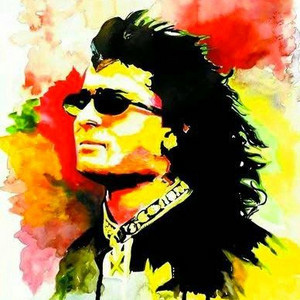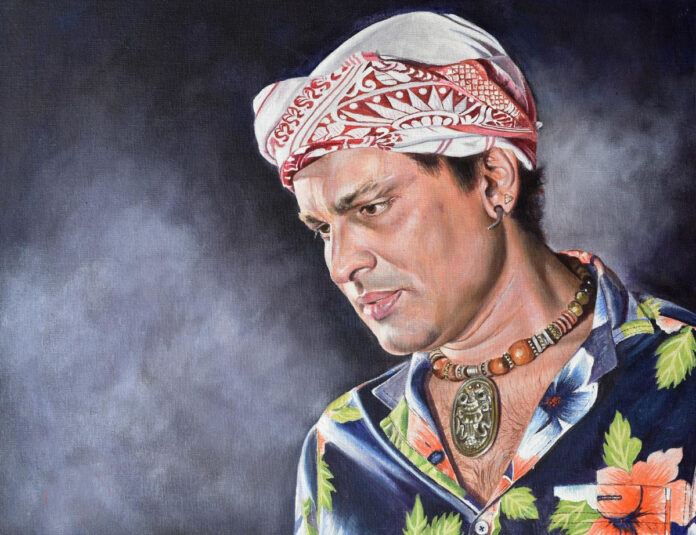Abhijit Chaliha
Zubeen Garg (Zubeen Borthakur (18 November 1972 – 19 September 2025) was an Indian musician who primarily worked and sang in the Assamese, Bengali, and Hindi-language film and music industries. He had also sung in 40 other languages and dialects, including Bishnupriya Manipuri, Adi, Boro, English, Goalpariya, Kannada, Karbi, Malayalam, Marathi, Mising, Nepali, Bhojpuri, Odia, Sanskrit, Sindhi, Tamil, Telugu, and Tiwa.
Garg was a multi-instrumentalist and played 12 instruments including anandalahari, dhol, dotara, drums, guitar, harmonica, harmonium, mandolin, keyboard, tabla, and various percussion instruments. He was regarded as one of the most influential musicians in Assam, and was also the highest-paid singer. By the time of his death in 2025, Zubeen had recorded over 32,000 songs across nearly 40 languages, making him one of the most prolific Indian singers of all time. A significant share of this vast repertoire was in Assamese, including romantic ballads, devotional hymns, patriotic numbers, and folk-inspired songs that continue to define the soundscape of the state.
Zubeen also acted in 27 Assamese films including ‘Tumi Mur Mathu Mur’, ‘Dinabandhu’, ‘Mon Jai’, ‘Ramdhenu’, ‘Kanchanjunga’, ‘Mission China’, ‘Dr Bezbarua 2’, ‘Tumi Ahibane’, ‘The Underworld’ and ‘Wide Angle’.

Zubeen Garg, the beloved Assamese singer and cultural icon, was not only celebrated for his musical genius but also revered for his deep compassion and unwavering commitment to social causes. Throughout his life, he demonstrated a profound dedication to uplifting the underprivileged and marginalized communities in Assam and beyond. Beyond his illustrious career in music, Zubeen Garg was a philanthropist in the truest sense. He consistently used his platform and resources to support those in need, whether through direct assistance or by raising awareness for various causes.
During the devastating floods that frequently affected Assam, Garg was at the forefront of relief efforts. He not only donated generously but also mobilized others to contribute, urging people to donate clothes, medicines, and funds to aid the affected communities. His charity, the Kalaguru Artiste Foundation, played a pivotal role in these initiatives, providing financial assistance and resources to those in dire need.

In the face of the COVID-19 pandemic, Garg’s compassion shone brightly. Recognizing the strain on healthcare facilities, he offered his two-storey building in Guwahati to be converted into a COVID Care Centre. This selfless act provided much-needed space for patients during a critical time. Garg’s commitment to social causes extended to his participation in charity football matches, where he played to raise funds for flood-affected individuals. His involvement in such events highlighted his belief in community solidarity and collective action.

